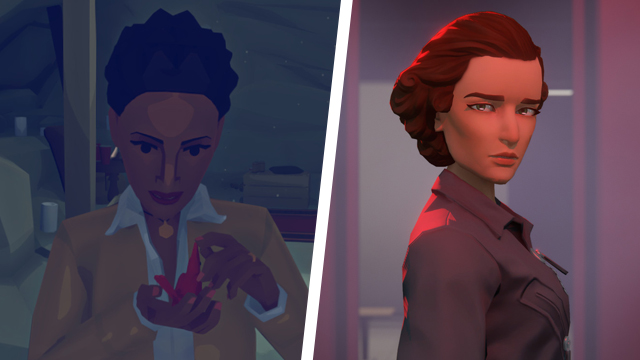Virginia was one of the most bizarre narrative games to come out in the last decade. It was a first-person story-rich game, but it had no dialogue; an oxymoronic pairing. Critics were split on this weird experience as the game garnered scores ranging from 3/10 to 9.25/10. Its overall Steam user reviews are even “Mixed.” Games with these extreme scores are often followed up something…

Atlas is an action-rpg with rogue-like elements where you use your ability to control the ground to fight the enemies and move through procedurally generated worlds.










